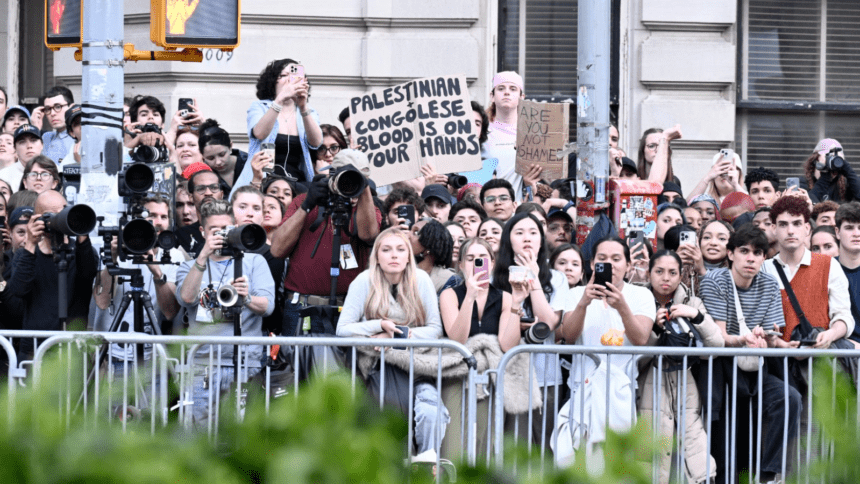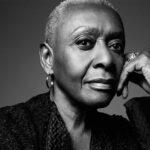PARIS – On Monday May 6th, the most anticipated event of the year took place in New York City at The Metropolitan Museum of Art; The Met Gala.
For those who don’t know, the Met Gala is a fundraiser for the Metropolitan Museum of Art’s Costume Institute. It is organized by Vogue Magazine. The guests get handpicked and overseen by Anna Wintour. The tickets for this year’s gala were $75,000 per person and an estimated $350,000 per table. Every year there is a different dress code. For this season it was “Sleeping Beauties: Reawakening Fashion”.
But what made this year’s Met so different and unforgettable? It was not the celebrities or they outfits…
Only one block east of the gala venue, there was Pro-Palestinian protesting. Some protesters expressed they intended to crash the event, according to The Guardian. On top of that, Israel carried out airstrikes on Rafah. And there was no mention of any of these at the Met Gala.
“It felt really dystopian”, said Venetia La Manna, a campaigner for fair fashion who posted a video on Instagram this week in which she pointed out the absurdity: “As our favorite celebrities took to the red carpet and voluntarily lost the ability to breathe and move, Israel seized control of Gaza’s Rafah border crossing, halting the flow of aid, leaving Palestinians nowhere safe to go. They are involuntarily losing the ability to breathe and move.”
Politics and fashion
It’s the first that the celebrities at The Met Gala aren’t devoid of politics. In 2021, Congresswoman Alexandria Ocasio-Cortez caused controversy by wearing a dress emblazoned with “Tax the Rich”. In 2018, to coincide with the “Heavenly Bodies: Fashion and the Catholic Imagination” theme, the actor Lena Waithe wore a rainbow cape. The Gilded Glamour theme of 2022 – a reference to the opulent 19th-century gilded age – provoked several attendees to dress to make a statement, including Riz Ahmed, who used his outfit to draw attention to the role of immigrant workers “who kept the gilded age going”.
In some other red carpets we did encountered some high-profile mentioning the ceasefire like Ramy Youssef and Mark Ruffalo who wore an “Artist4Ceasefire” pins at the Oscar.
But ironically, this year’s theme was also in a way political. The theme which was “Sleeping Beauties: Reawakening Fashion”, was inspired by the title that takes its name from a 1962 short story by JG Ballard, a tale of crumbling hierarchies in which a country and countess are overrun by an angry mod.
“Brands don’t really want to be around controversy”
The role of the gala being to raise money for the Metropolitan Museum of Art’s Costume Institute, Amy Odell, a biographer of Anna Wintour, said “Brands usually don’t really want to be around controversy and politics”.
For, the fashion industry activist Orsola de Castro it was not a surprise. She said to The Guardian, “consolidate this horrendous understanding that [there is] some kind of dystopian fear of speaking out over something so blatant”.
Fair fashion campaigner Venetia La Manna noted that high-profile people don’t do any public statements because of the industry’s wide outrage.
After the Met Gala, Pro-Palestinians started to block and boycott all the celebrities, and influencers who decided to not spoke up, make any political statement regarding the Israel-Palestine war.
In the world we live in today, no matter how unrelated it may seem, nothing is “unrelated” anymore.
As Odell says, “People are not looking at the Met as a distinct thing that exists separately from everything else going on in the world.”










